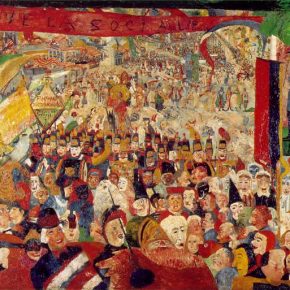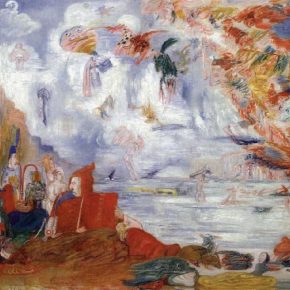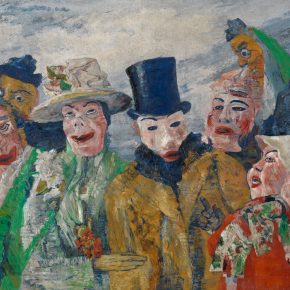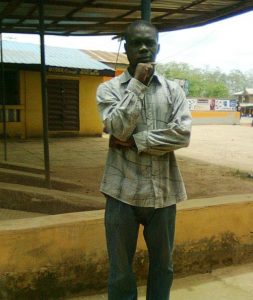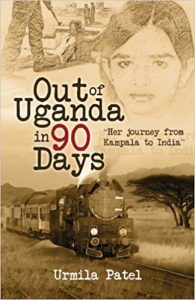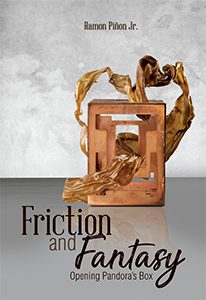Poetry from Sylvia Ofoha
Renewed…..
Involuntarily,
Hot painful tears found their way out of my eyes,
One by one they dropped,
Baring my soul and making it vulnerable,
To excruciating pain and unadulterated hurt.
If choices were given,
I would stand bold and bare,
Of any emotion,
But not much was given,
As tears became the only solace and release.
Unashamed,
They poured,
Drops upon drop,
Until they flood my heart,
And emptied my soul.
Tears,
Is for the weak I’m told,
But as I stand shaking and feverish under rain of my tears,
I feel stronger and impenetrable,
And whole.
Travel vignettes from Norman J. Olson
a trip to Ostend
by: Norman J. Olson
- James Ensor’s Christ’s Entry into Brussels
- James Ensor’s The Tribulation
- Masks Confronting Death by James Ensor
I love 19th century art… of the few artists who survived into the 20th century who interest me, James Ensor (1860-1949) is my favorite and I urge anyone who is interested in art to make the trip to the Getty Museum in Los Angeles to see Ensor’s wonderful large painting, The Entry of Christ into Brussels…
Ensor lived in his parents’ house in Ostend Belgium, a small resort city on the ocean until 1917 when he inherited his uncles house nearby where he lived until his death… I have seen the famous photo of him playing his harmonium in this house… the harmonium is against the wall on which his very large (ap. 8×14 feet) masterpiece is hung… so playing the harmonium, Ensor’s nose is maybe two or three feet from the painting…
Chimezie Ihekuna’s drama The Success Story – fourth installment
Please feel welcome to read the previous installments of The Success Story here, here, and here.
At Home…Greg’s Residence
It is a full house. The family—Mr and Mrs Smith, together with Andrew, Jane and Greg—are all in the living room watching a family program on TV, ‘Keeping Your Family Healthy’. a thirty-minute program on Sirius TV. Their eyes are glued to the TV until the program is over. Mr Smith stares at Mrs Smith, who stares back. Greg, Jane and Andrew sitting together on the long sofa, the last of all furniture in the living room, are reacting differently. Greg has his hands rested on his laps, Jane tries to get the citing remote control sensor to search for other exciting programs on TV while Andrew is checking is phone he picked from his pocket—if there were missed calls. Mr and Mrs Smith, both sitting on their seats, reserved for them to sit when they are around, are excited, having the notion that Greg is reaching the end of his career…He instructs Jane to momentarily switch off the TV. Jane does it reluctantly.
Mr Smith (full of life): Greg, it’s been three days you’ve been at home with us. Since you came back, you’ve only greeted us, nothing more, and nothing less. I know there have been a lot that has happened in the just-concluded semester.
Mrs Smith (Agrees): Yes, your dad is right, Greg. You’ve not opened up to us as to how the semester all went. Are you telling me you didn’t have fun? Didn’t you experience the ups, downs, enjoy the fun and bitterness in school? There are bound to be those! So, what we’re interested in is for you to tell us. We know your academic pursuit is a certainty—Your first-class grade points are evidence. But, I chose to put it this way, ‘There are different sides to a coin’. The long and short of what I’m saying is for you to tell us your experience this semester.
Poetry from Mahbub
A Dubious Question
We are increasing, we are thinking
We are demanding more and more our services
We are fawning, we are chattering
We make more for ourselves
We take sit for survival
We hang heavy for removal
We show the path to go ahead
To free from the constipation
But not a role nor a solution
We face to the hitting back again and again
Free to move, free to speak
From the clutch of others’ aggression
But we are always to the unknown borders
For our promised destination
There a question always burns the sky
Who am I and who are you, my friend?
Elizabeth Hughes’ Book Periscope
Out of Uganda In 90 Days by Urmila Patel
Out of Uganda in 90 Days is the gripping memoir of Urmila Patel. She and her family lived in Uganda from the time she was very young. There were many families who lived there who were of Indian descent. They went to school, had friends and led a full life in Uganda. She did not remember India and her younger siblings had never been to India.
Then one day in 1971, Idi Amin came to power. He was a cruel and ruthless dictator. He would order his soldiers to go through and rob, torture and murder people. He ordered all people from India to leave Uganda and go back to India. They could not take their money, jewels, anything of value. If they did not hand over their valuables they would be beaten, tortured and murdered.
Urmila and her family were able to board a train just a few days before the deadline by which they had to be out. From the train they all boarded a ship for the remainder of the trip. Despite their fear, Urmila Patel describes the beauty of seeing lions, elephants and other animals on their journey.
This book will definitely keep you reading to the very end. Urmila has a gift for writing and you are able to picture her descriptions all the way through. I highly recommend this book. It is a very interesting account of a young teen’s harrowing journey out of a country she called home.
Urmila Patel’s Out of Uganda in 90 Days is available here.
Dr. Ramon Pinon’s Friction and Fantasy
Essay from Doug Hawley
Californication
Oregonian Special Californication Issue February 10, 2045
Over the last few years, the trickle of people moving north into the greater northwest has gone from a trickle to a torrent. The population table tells the story:
State/Province Population (000 omitted)
2010 census 2044 estimated 2055 projected
California 37,253 44,367 42,500
Washington 6,721 11,839 14,675
Oregon 3,831 9,845 11,438
Idaho 1,567 4,382 6,891
Montana 989 2,010 4,236
British Columbia 4,221 10,546 10,856
U.S. Census demographer Hal Lelen was blunt in analyzing the numbers. His interview with the Oregonian has been edited for length and clarity:
Oregonian: Give us a short version of what’s happening.
Lelen: People don’t want to live in California anymore.
Oregonian: That was definitely short. Could you expand on that?
Lelen: Well, you got the climate and the water situation. The lack of rain and snowfall, except for the occasional monsoon, has caused the state agriculture to plummet, and for people to rely on very expensive desalinated water. Then you have the hot spells that regularly kill thousands of the very young and very old.

